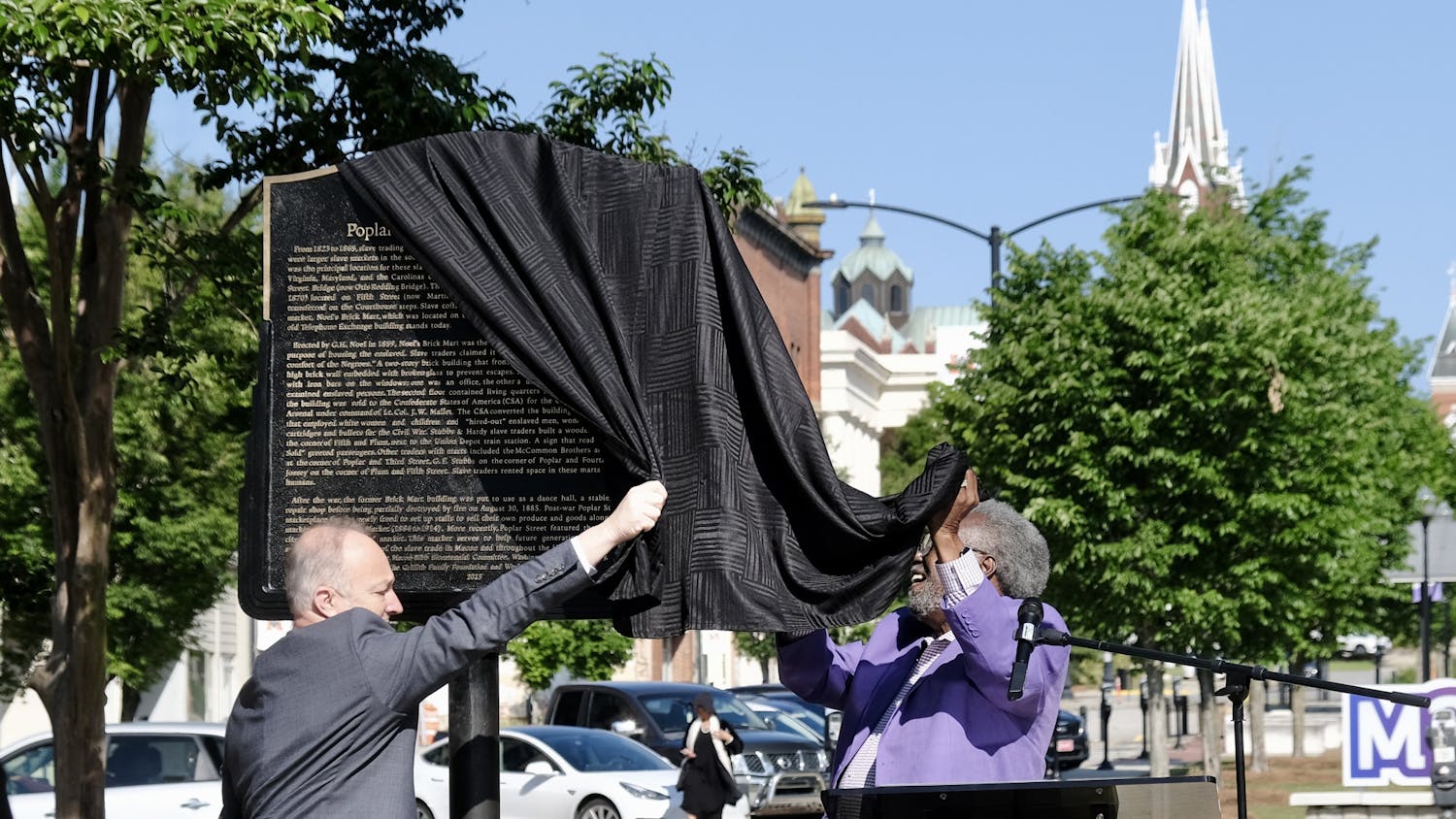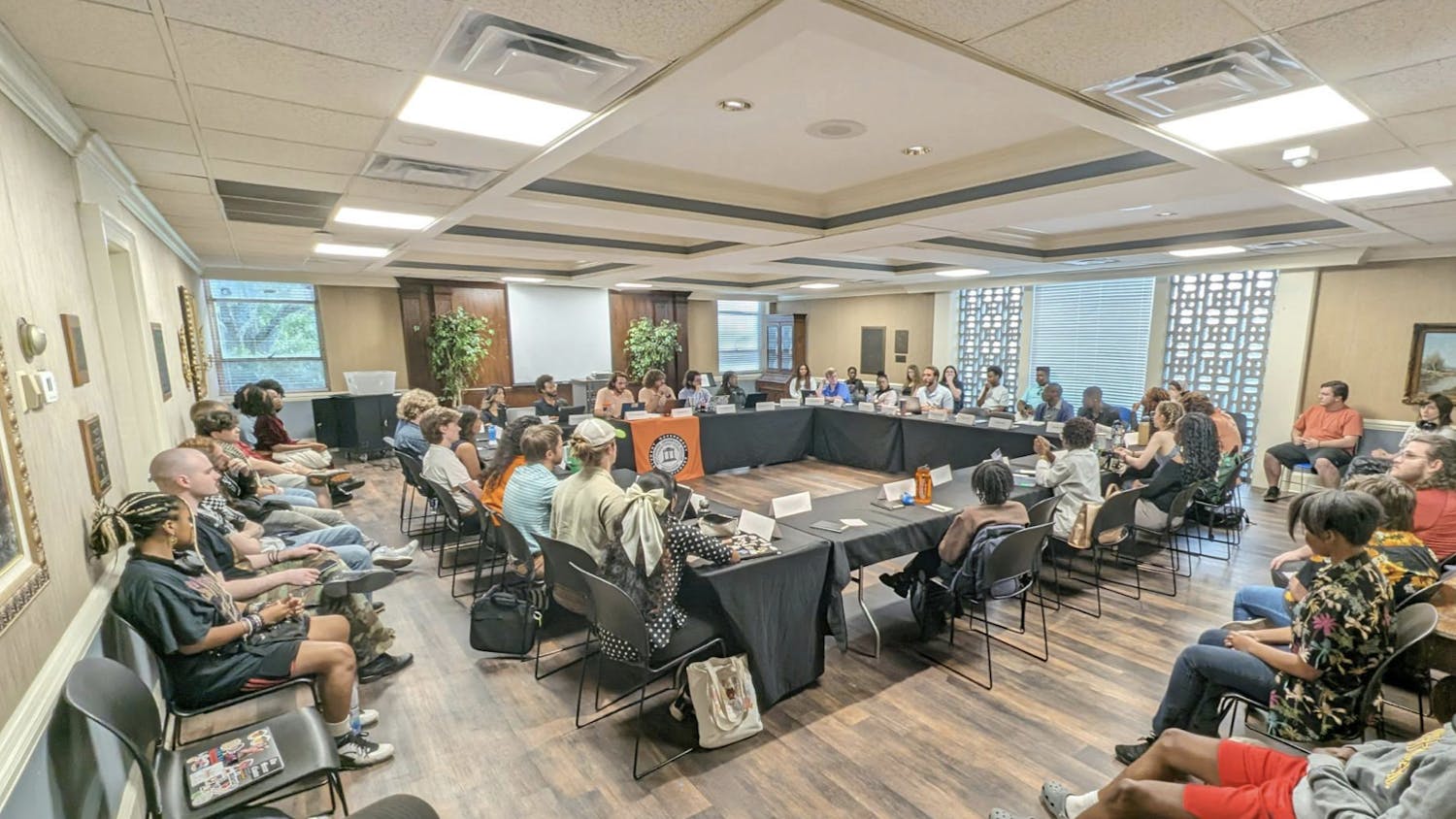After hours of deliberation spread across several different meetings, the motion to remove the Campus Engagement Committee from the Student Government Association failed Monday, April 11.
The committee was introduced under the Harrison-Jolly administration after they received feedback during their campaign that “SGA seemed to be very removed,” said SGA President Austin Harrison.
Harrison said that they decided to create a committee to “facilitate that kind of discussion between the student body and SGA.”
In November, Campus Engagement was formally recognized by SGA and has since partnered with other organizations and held several “Coffee on Cruz” events.
Last Monday, Senator Aaron Scherf, chairman of the committee and vice president-elect, asked for a brief discussion on the place of the committee in the future of SGA.
This discussion continued into the executive meeting and culminated with a vote in senate this week.
[pullquote speaker="Timothy Lewis, Senator-at-Large" photo="" align="right" background="on" border="all" shadow="on"]Simply put, I want to make sure SGA has a culture of every senator making the act of campus engagement their utmost priority.[/pullquote]
The main arguments against the committee were that it overstepped on roles SGA as a whole should be fulfilling and that the bylaws surrounding the committee were too restrictive.
“Simply put, I want to make sure SGA has a culture of every senator making the act of campus engagement their utmost priority,” said Senator-at-Large Timothy Lewis in a Facebook message.
Several senators, including Scherf, found that section 3 of the bylaws pertaining to Campus Engagement was too restrictive.
Senator Rebekah Fulton suggested drastic changes to the layout and operation of the committee.
“It needs to be more a delegating role than an initiative role,” Fulton said.
Several senators agreed that Campus Engagement could work with other committees more closely.
“The committee can still exist, just not in this way that we’ve had it operating,” Fulton said.
About halfway through the discussion, Harrison opened the floor to the gallery for feedback.
Correspondent Tyler Nielson spoke up to address what he called a misunderstanding about the Campus Engagement committee and how it operates in relation to SGA.
[pullquote speaker="Tyler Nielson" photo="" align="left" background="on" border="all" shadow="on"]What I’ve seen [Campus Engagement] do is a little more versatile, a lot more subtle.[/pullquote]
“You can look at SGA kind of like a mountainside or a huge mountain, it’s got this presence about it. It’s amazing. It’s magnificent, but it’s also really daunting,” Nielson said. “What I’ve seen [Campus Engagement] do is a little more versatile, a lot more subtle. It’s like a forest that expands around the mountain and reaches out.”
The original motion was to remove Campus Engagement from the bylaws, which would essentially leave the standing committee with no guidelines until senate could revise the structure.
However, at the end of the discussion, Lewis, who had originally brought the motion up explained that his intention was to get rid of the committee as well.
This was the final motion that was voted on.
The motion needed a two-thirds majority vote to pass, but senate was split 11 in favor, 10 opposed, so the motion failed.
“I’m very open to changes, and I was happy we were discussing ways to serve the student body better,” Scherf said.
He explained that this lengthy debate goes to show just how much campus engagement means to SGA.
Scherf anticipates changes to the committee in the future.
“If you have something you wanna come talk to us about, feel free to come talk to us,” Scherf said.
After long debate, Campus Engagement Committee remains a part of SGA





